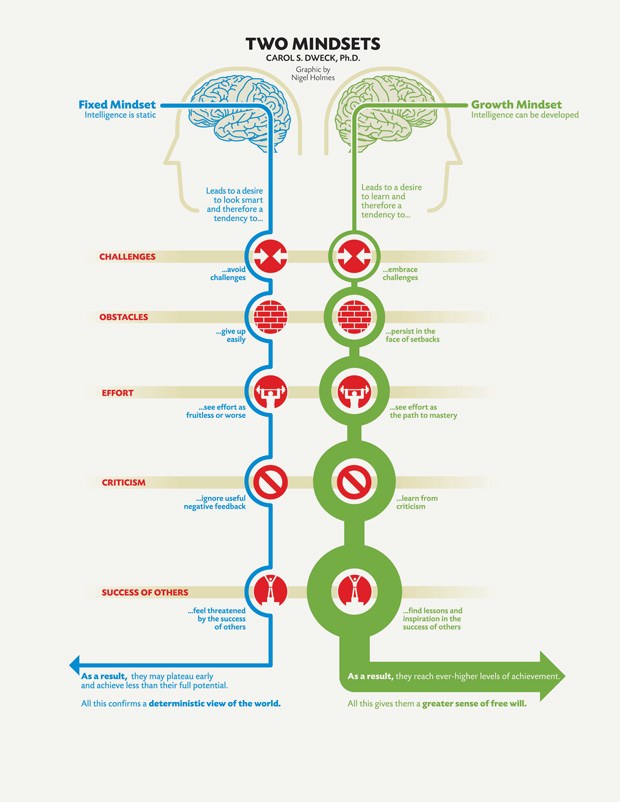This post is also available in Dutch.
The good: the positive effect of praise on performance
Gratifying and encouraging words have been found to enhance a positive mood which on its own can enhance performance. Attention, motor skill learning, and memory consolidation are among the many things that improve after expressions of praise are addressed to us. The reward centers of our brains get activated, as praise functions as “social reward” that induces dopamine transmission to our brain. Dopamine being the neurotransmitter that makes us reinforce a certain behavior that leads to a reward.
The bad: the negative effects of empty flattery
Nevertheless, research that focused on the effects of praise on kids has raised the point that we are in fact quite sensitive to insincere praise, which could in fact do more harm than good and undermine motivation and trust instead of build them. The same goes for praise that can be perceived as overly general, as in such cases a potential discrepancy between the image of self and that conveyed by a general statement of praise may fail to be addressed properly, leading to self-criticism and self-sabotage that aims to resolve such a discrepancy. For example, if you consider yourself a bad student and someone compliments you saying, “You are a good student”, it is difficult to reconcile this statement with your self-image. On the contrary, a more specific compliment, such as “how you solved this math problem shows a strong intuition” will be perceived and accepted better by the person receiving the compliment.
The ugly: praise as a judgement
Despite the positive judgement that praise is, it’s still a judgement. As a result, praise that is focused on ability and achievements imposes an extrinsic reward that may benefit the receiver temporarily, but their intrinsic motivation – the willingness to do something without the expectation of external rewards – may be hindered by it in the long run. By praising someone’s ability, we assume that their traits are fixed, a viewpoint that may limit the individual’s perseverance when things become a bit more challenging. At the same time, we promote, perhaps unwillingly, a competitive and rigid way towards success, while shifting the sense of control to someone outside of the individual we praise. In the reward we present, there is a lot at stake.
Not all praise is the same
Is there a way to praise that teaches internal validation – the ability to validate ourselves without the need of external approval – and promotes a growth mindset that views intelligence as a dynamic trait?

Carol Dweck, a psychologist known for her work on mindsets, has focused on the value of effort praise. Effort praise is encouragement that brings the attention to the task at hand as well as to the effort and progress being made. This is opposed to ability praise whereby traits are considered to be fixed, and whose level one should try to prove through achievements. Effort praise can increase perceived autonomy and task enjoyment, even when a task is considered challenging. A beautiful depiction of the difference between the two kinds of praise mentioned in this blog is shown in this video, where children that have been praised for their effort while completing a puzzle seem to have bigger confidence and more motivation to try harder puzzles, as opposed to those that have been praised for their intelligence.
Praise, unless insincere, has a positive impact on a person’s performance, but in the longer run it’s the praise that is based on the effort, not on someone’s ability or personality, that does wonders.
Original language: English
Author: Christina Isakoglou
Buddy: Marlijn ter Bekke
Editor: Ellen Lommerse
Translator: Floortje Bouwkamp
Editor Translation: Jill Naaijen
Header photo credit: Featured image by Sincerely Media via Unsplash
